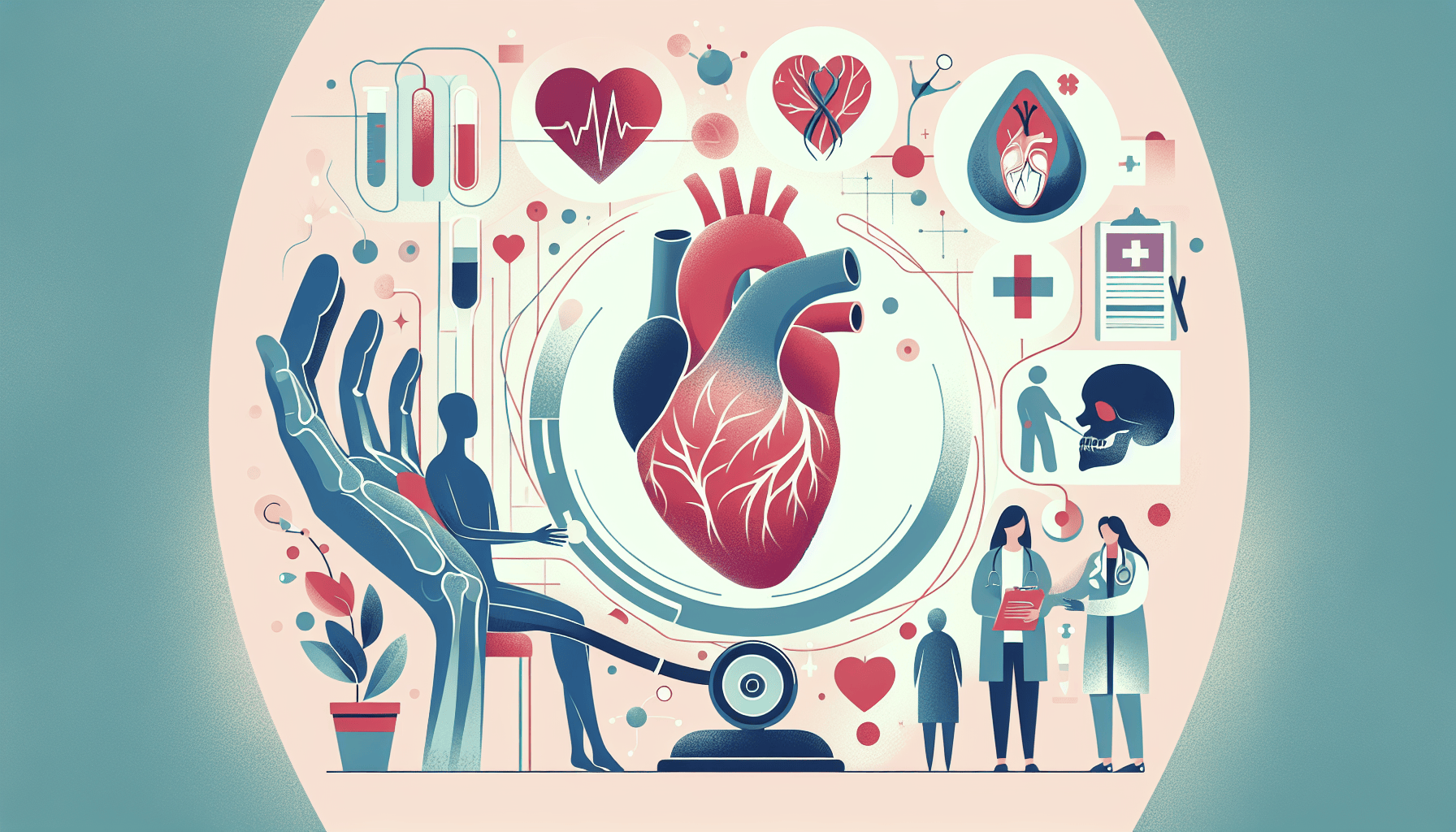Avascular necrosis (AVN), also known as osteonecrosis, is a condition that occurs when bone tissue dies due to a lack of blood supply. If left untreated, AVN can cause the affected bone to collapse, leading to severe pain and joint damage. While AVN can affect any bone, it most commonly occurs in the hip, shoulder, knees, and ankles.
Symptoms of Avascular Necrosis
In the early stages of AVN, you may not experience any symptoms. However, as the condition progresses, you may start to feel pain in the affected area, especially when putting pressure on the bone. Over time, the pain may become constant and severe, making it difficult to use the affected joint.
Causes and Risk Factors for Avascular Necrosis
Several factors can increase your risk of developing AVN, including:
Alcohol abuse
Long-term use of corticosteroids
Trauma or injury to the affected area
Certain medical conditions, such as sickle cell disease, lupus, and HIV
Radiation therapy or chemotherapy
Diagnosing Avascular Necrosis
To diagnose AVN, your doctor will perform a physical exam and may order imaging tests such as X-rays, MRI, CT scans, or bone scans. These tests can help identify changes in the bone that are characteristic of AVN, even in the early stages of the disease.
Treatment Options for Avascular Necrosis
Treatment for AVN depends on several factors, including your age, the stage of the disease, and the location and extent of the bone damage. In the early stages, treatment may involve medications to relieve pain, limiting the use of the affected joint, and using crutches to reduce weight-bearing. Your doctor may also recommend range-of-motion exercises to help maintain joint mobility.
In more advanced cases, surgery may be necessary. Surgical options include:
Core decompression to relieve pressure and stimulate new blood vessel growth
Bone grafts to replace damaged bone with healthy bone from another part of the body
Osteotomy to reshape the bone and reduce stress on the affected joint
Total joint replacement to remove the damaged joint and replace it with an artificial one
Preventing Avascular Necrosis
While not all cases of AVN can be prevented, there are steps you can take to reduce your risk, such as:
Limiting alcohol consumption
Managing cholesterol levels
Using corticosteroids only as directed by your doctor
Avoiding smoking
If you suspect you may have AVN, it's important to seek medical attention as soon as possible. Early diagnosis and treatment can help prevent further bone damage and improve your long-term outlook. With proper care and management, many people with AVN are able to maintain joint function and enjoy a good quality of life.
For more information on avascular necrosis, visit:
The Bottom Line
Early detection through MRI imaging is critical since successful joint-preserving treatments are only effective before bone collapse occurs, typically within the first 1-2 years. The condition progresses silently in early stages, making prompt evaluation of persistent joint pain essential. If you're experiencing unexplained hip, shoulder, or knee pain, especially with risk factors present, Doctronic can help you get the imaging and specialist consultation needed for timely diagnosis.



